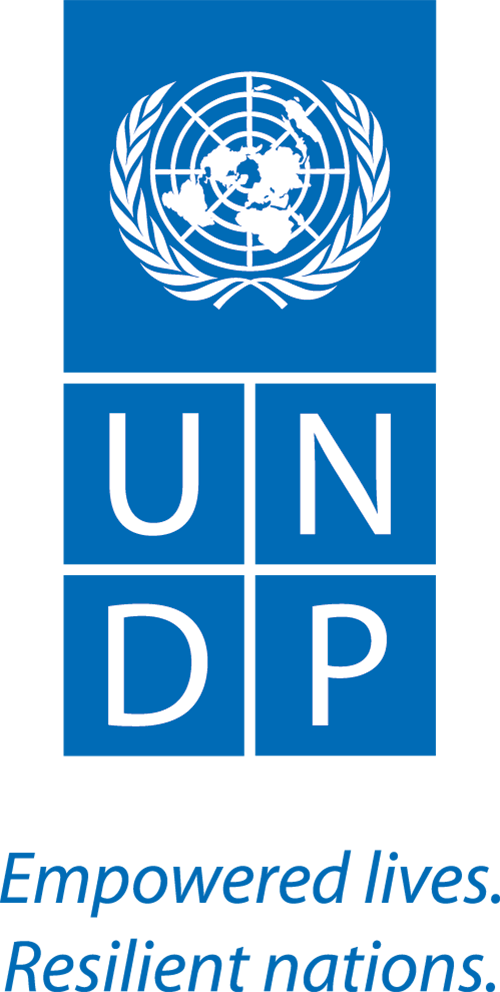Supporting vulnerable communities in Maldives to manage climate change-induced water shortages
Providing safe and secure freshwater to 105,000 people on the outer islands of the Maldives, in response to climate change-induced water shortages. Introducing integrated water supply systems, decentralized dry season water supplies, and improvements to groundwater quality.
The Maldives consists of 1,190 small, low-lying coral islands spread over 90,000 square kilometres. There are high levels of poverty on the outer islands, which experience drinking water shortages during the dry season causing significant human, environmental, and social impacts. Groundwater becomes increasingly saline as a result of climate change-induced sea level rise (3.1 mm/year) and variable rainfall patterns. Responses are constrained by remoteness and limitations on land space.
The project will scale up an integrated water supply system based on rainwater, groundwater, and desalinated water into a low-cost delivery system for vulnerable households. This will provide uninterrupted supply to 49 islands that currently rely on emergency water deliveries for three months of each year. Decentralized and cost-effective dry season water supply systems will also be introduced. Water desalination production plants will be built on four larger islands that will contribute to this improved dry season water distribution network to outer atolls and local supply systems. Increased capacity of local and central government authorities will strengthen the management and efficiency of these systems. Groundwater quality will be improved for long-term resilience. Groundwater recharge systems and improved water resource management capacity will contribute to improved groundwater quality.
The project has an estimated lifespan of 5 years.
Project timeline
Pipeline
26 May 2015 • 164 days
Concept note received
26 May 2015
Funding proposal received
31 Jul 2015
Approved
05 Nov 2015 • 505 days
Approved by GCF Board
05 Nov 2015
Cleared by iTAP
05 Nov 2015
Legal opinion on AE's Internal Approval
25 Feb 2016
FAA executed
03 Mar 2017
Under implementation
23 Mar 2017 • 2,284 days
FAA effective
23 Mar 2017
Disbursement - USD 3,034,330
30 Jun 2017
Annual Performance Report
23 Mar 2018
Disbursement - USD 12,112,446
29 Nov 2018
Annual Performance Report
01 Mar 2019
Disbursement - USD 6,038,072
08 Jan 2020
Disbursement - USD 2,022,296
10 Mar 2021
Disbursement - USD 429,220
24 Sep 2021
Completed
23 Jun 2023
-
Financing
- Private sector
- Public sector
-
Size
- Micro
- Small
- Medium
- Large
GCF financing100% disbursed
| Instrument | Amount |
|---|---|
| Grant | USD 23,636,364 |
| Total GCF Financing |
|---|
| USD 23,636,364 |
Co-financing
| Co-financer | Instrument | Amount |
|---|---|---|
| Co-Financing | Grant | USD 4,493,000 |
| Co-Financing | Grant | USD 100,000 |
| Total Co-Financing |
|---|
| USD 4,593,000 |
GCF Contacts
General media inquiries
GCF CommunicationsSend e-mail
Request for information
GCF Information DisclosureRequest information about this project
Project complaints and grievances
GCF Independent Redress Mechanism (IRM)Phone +82 32 458 6186 (KST)
File a complaint
Integrity issues
GCF Independent Integrity Unity (IIU)Phone +82 32 458 6714 (KST)
Send e-mail
Entity

United Nations Development Programme
Executive Coordinator, ad interim (A.I)
304 East 45th Street, FF-9th Floor, New York, United States
Principal Advisor Environmental Law and Policy
304 East 45th Street, FF-9th Floor, New York, United States
More contacts
National Designated Authority
Ministry of Tourism and Environment
Director, Climate Change Department
Documents
News + Stories

From scarcity to sustainability: Maldives’ ambitious water security project
22 Mar 2024 / The Maldives, known as a luxury holiday destination with crystal blue water, is an idyllic island state in the Asia Pacific region. However, the Small Island Developing State (SIDS) is one of the most vulnerable nations to climate change and faces many unique challenges. Rising sea levels and increasingly erratic rainfall patterns are threatening the country's freshwater resources, putting the health and well-being of its people at risk.